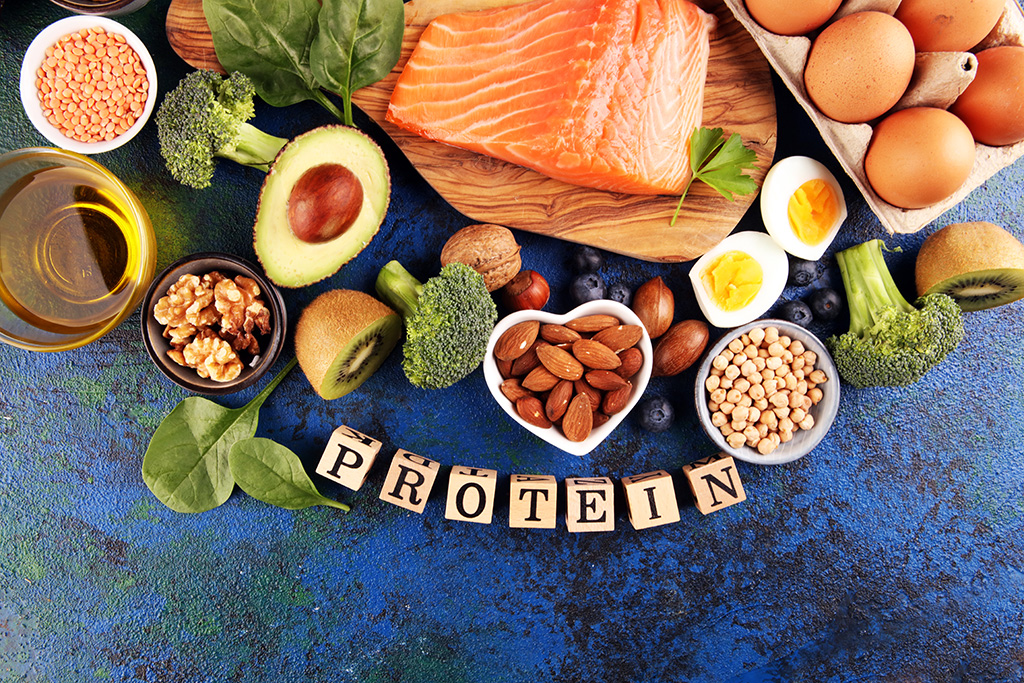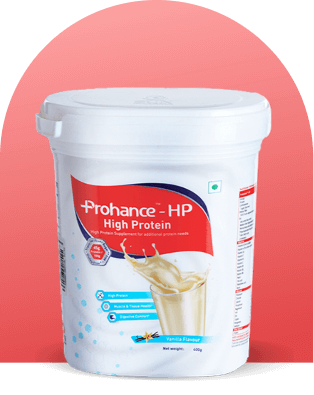To prioritize a well-balanced and nutrient-rich diet before surgery to enhance recovery and support overall health
The state of nutrition both before and after surgery has a direct impact on the results. Eating a healthy, well-balanced diet that includes whole grains, fruits, vegetables, and enough protein before surgery is crucial. Protein, vitamins, and minerals are essential for the healing process. Even a single nutrient deficit can weaken the immune system, delaying recovery and making it harder for the body to fight off infections. To optimize your nutrition for a faster recovery, start following these suggestions as long as feasible, or at least three weeks before surgery.
1. Eat 3-5 servings of fruits and vegetables every day. Choose a wide variety of colors [1][2]
One slice of fruit (such as a medium orange or apple) or ½ cup of frozen or canned fruit is one serving of fruit. Vegetables can be served as ½ cup cooked or 1 cup raw. Antioxidants (vitamins A, C, and E) and B vitamins can both be found in abundance in fruits and vegetables. The body’s immune system is supported by the vitamins found in fruits and vegetables both before and after surgery.
Eat enough calories to maintain your weight. If you are not eating enough calories, then you are not getting enough fuel to support the healing process.
2. Eat 6-11 servings of whole grain foods every day [1][2]
A single piece of 100% whole wheat bread, ½ cup of cooked brown rice, ½ cup of whole wheat pasta, or ½ cup of whole grain cereal is regarded as one serving. Additionally, B vitamins included in whole grains support the immune system and promote healing. Try not to eat the same things every day.
3. Eat a variety of protein containing foods at meals and snacks [1]
Essential amino acids included in protein are crucial to the healing process. The amount of protein in the body before surgery affects how long healing takes. Meat, seafood, eggs, cheese, beans, almonds, tofu, and dairy products are all excellent sources of protein.

4. Use fats, oils and sweets sparingly [1]
Opt for healthy fats like olive and canola oil. Steer clear of fried meals. Sugar and fat in excess are empty calories that don’t supply the body with any nutrition. The immune system may be impacted by eating too many empty calories and not enough nutrient-dense meals.
5. Drink plenty of water in the 3 weeks prior to surgery [1][2]
Maintaining adequate hydration will facilitate the healing process. They are necessary for the transport of nutrients and oxygen to the wound area to promote healing. It will also be beneficial in the short amount of time before surgery when water is prohibited. Eight to ten 200 mL glasses of water should be consumed each day.
6. Establish consistent eating habits [1]
Every day, eat a healthy breakfast that includes a protein-rich food, such as eggs, peanut butter, or Greek yoghurt. Fruit, vegetables, whole grains and a source of protein should all be served for lunch. Lunch and dinner should be comparable. Don’t forget to bring nutritious snacks like carrot sticks, whole grain crackers with cheese or peanut butter, fruit, trail mix and hummus.
